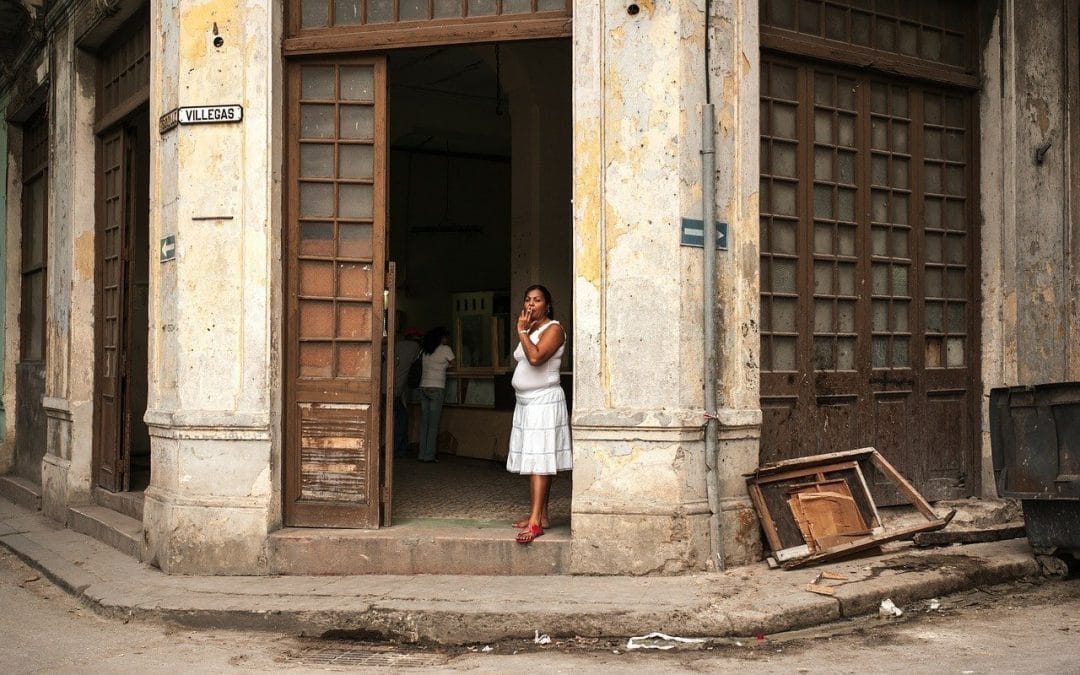
Jul 17, 2021 | World
Writes Andres Oppenheimer in the Miami Herald on "When it comes to Cuba, there’s a lot of hypocrisy from the right and from the left" (2021.07.17):
[I]nstead of defending the Cuban people’s right to express themselves peacefully, these and other members of the region’s Jurassic left joined the dictators of Cuba, Venezuela and Nicaragua in blaming the U.S. “blockade” for the protests in Cuba.In fact, there is no “blockade.” According to Cuba’s own official figures, the island conducts trade with 70 countries around the world, including the United States. There is an embargo on U.S. trade with Cuba, which Washington imposed in 1962 after the island’s regime expropriated U.S. companies there.And the U.S. embargo has more holes in it than a Swiss cheese. The United States is one of Cuba’ s 15 largest trading partners and the biggest exporter of food and agricultural goods to Cuba, according to U.S. government figures.The United States ships about $276 million a year in food and medicines to Cuba. In addition, U.S. residents send $3.5 billion a year in family remittances to the island, and more than 500,000 U.S. tourists visited Cuba in 2019, at the height of Trump’s sanctions. In other words, the United States is one of Cuba’s main sources of income.
According to Reuters it was the Cuban government that blocked the import of food and medicine into Cuba:"Cuba announced on Wednesday it was temporarily lifting restrictions on the amount of food and medicine travelers could bring into the country in an apparent small concession to demands by protesters who took to the street last weekend."[...]"Still, one of the campaign's demands was for the government to lift customs restrictions on food, medicine and hygiene products that are lacking in the country amid its worst economic crisis since the fall of former ally the Soviet Union."
For further reading:




